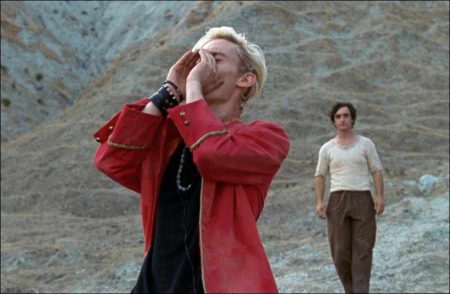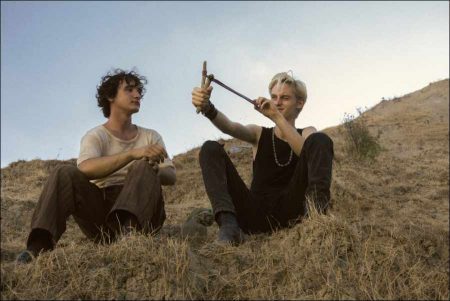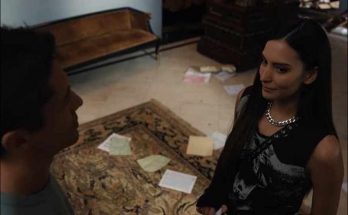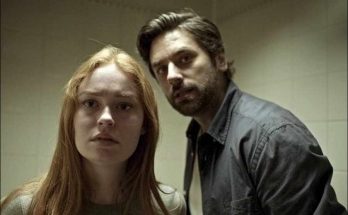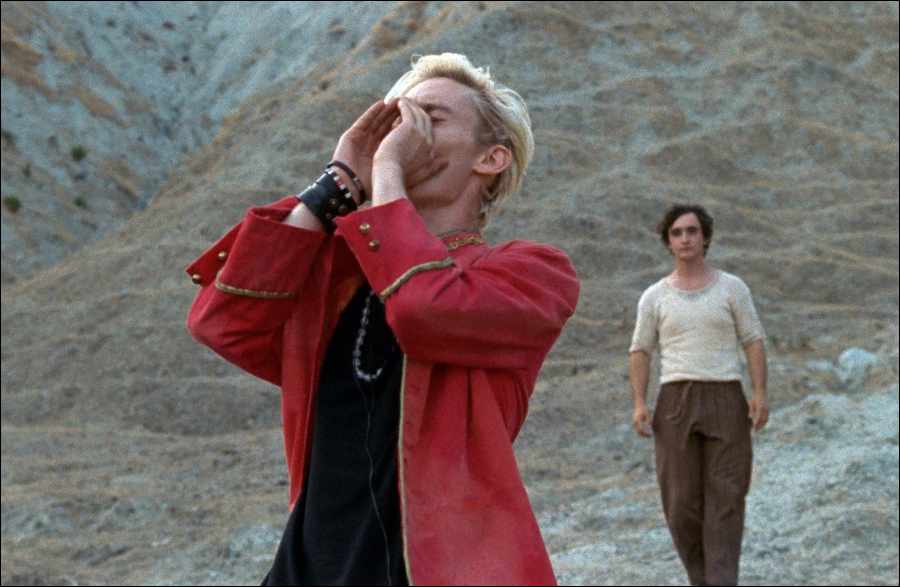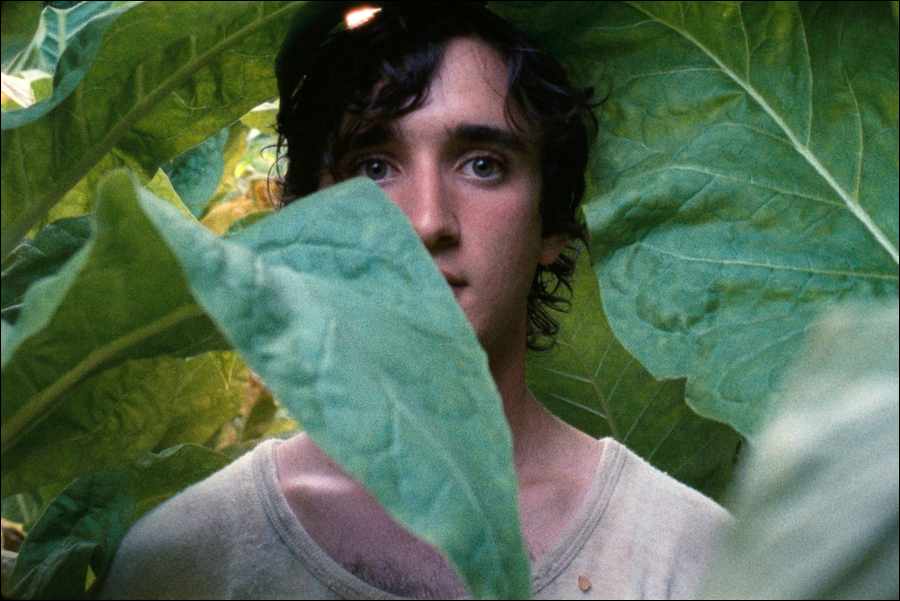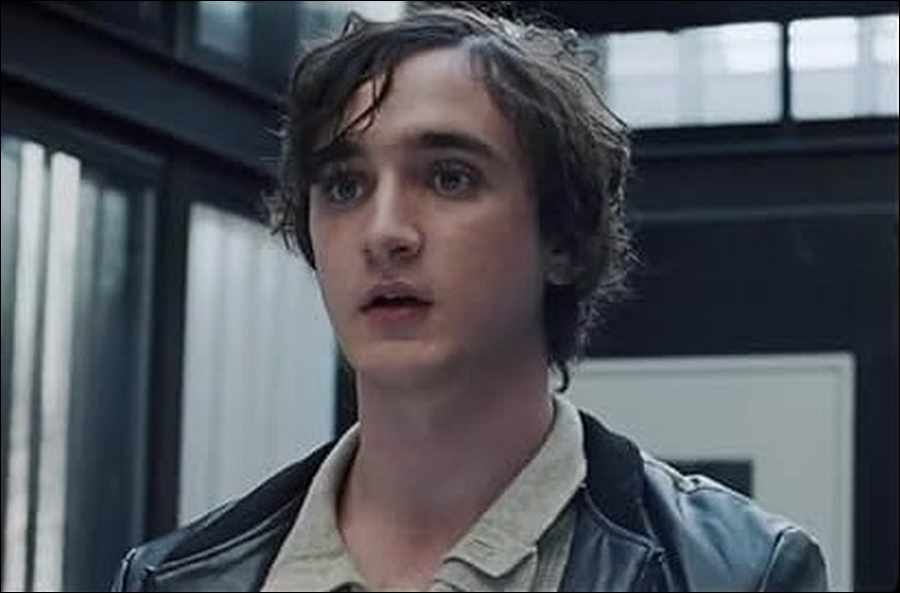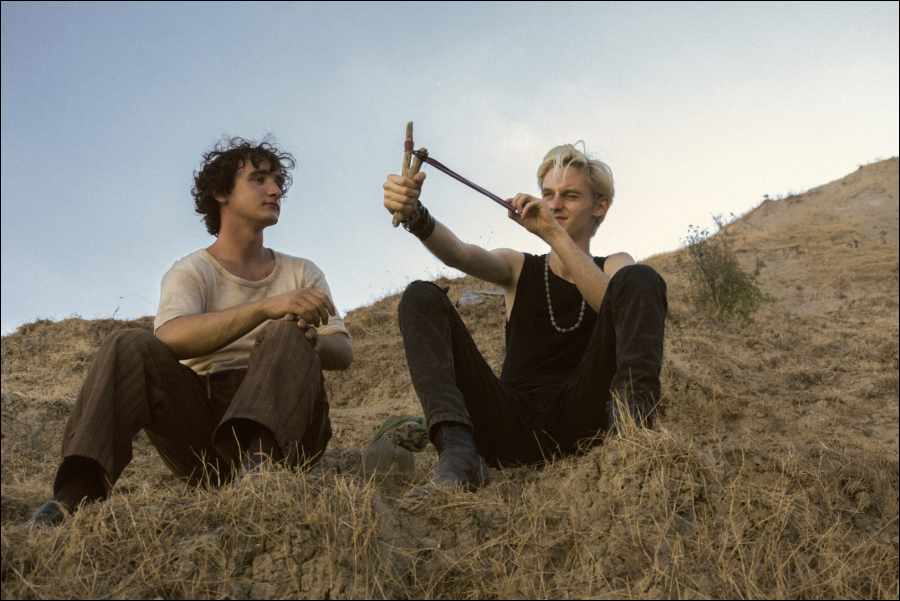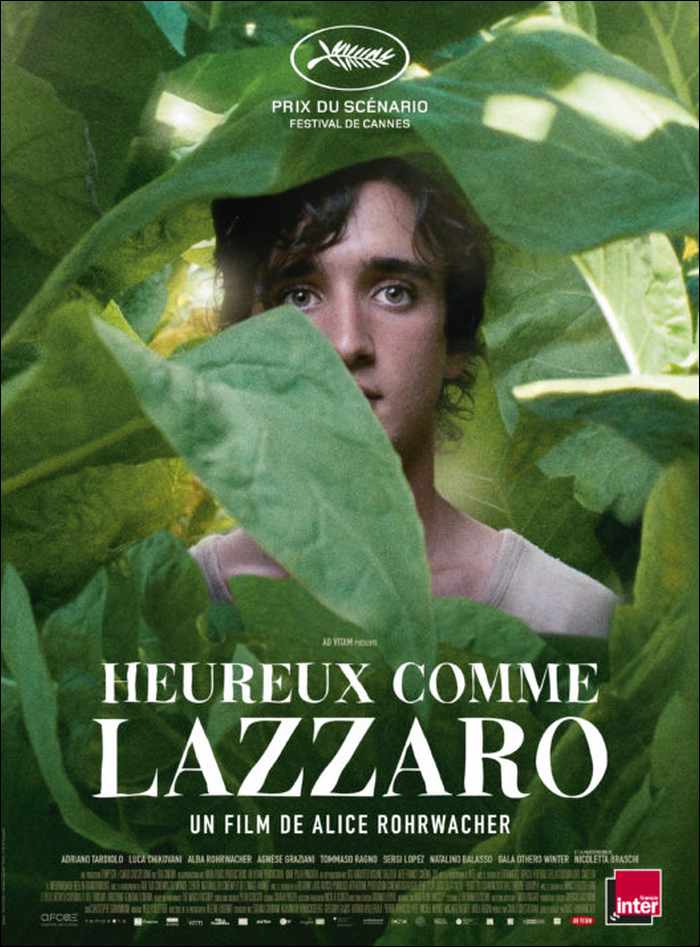Happy As Lazzaro movie storyline. This is the tale of a meeting between Lazzaro, a young peasant so good that he is often mistaken for simple-minded, and Tancredi, a young nobleman cursed by his imagination. Life in their isolated pastoral village Inviolata is dominated by the terrible Marchesa Alfonsina de Luna, the queen of cigarettes. A loyal bond is sealed when Tancredi asks Lazzaro to help him orchestrate his own kidnapping.
This strange, improbable alliance is a revelation for Lazzaro–a friendship so precious that it will travel in time and transport Lazzaro in search of Tancredi. In the big city for the first time, Lazzaro is like a fragment of the past lost in the modern world.
Happy as Lazzaro (Italian: Lazzaro felice, lit. ’Happy Lazzaro’) is a 2018 Italian-language fantasy drama film written and directed by Alice Rohrwacher. It is a co-production between Italy, Switzerland, France and Germany.
Happy as Lazzaro was selected to compete for the Palme d’Or at the 71st Cannes Film Festival, where it had its world premiere on May 13,2018 and Rohrwacher won the award for Best Screenplay. It was theatrically released in Italy by 01 Distribution on 31 May 2018. It was released in Germany by Piffl Medien on September 13, 2018, and in France by Ad Vitam Distribution on November 2, 2018. World sales were handled by The Match Factory.

Film Review for Happy As Lazzaro
Alice Rohrwacher’s beautiful and mysterious film Happy As Lazzaro flowers into something inexpressibly moving, yet also disturbing and unaccountable. It is a pastoral enigma, and a satirical attack on exploitative feudal snobbery that may be closer to Italy’s present day than is widely assumed – and also a tale of reincarnation or time travel whose hero is a cross between two figures from the Bible: Lazarus and the Christ Child. Intriguingly, the director has revealed it is inspired by a newspaper story she remembers seeing some years ago. I would love to see a documentary, tracking down specifics.
At first glance, everything here could be happening around the end of the 19th century, the era of Ermanno Olmi’s rural classic The Tree of Wooden Clogs (1978), a film that is a great influence on this one, though there are narrative convulsions that could be taken from M Night Shyamalan or Philip K Dick. And the final scenes reminded me of Agnès Varda’s The Gleaners & I (2000): when the dispossessed realise there is money to be made from harvesting wild herbs and vegetables from the roadside.
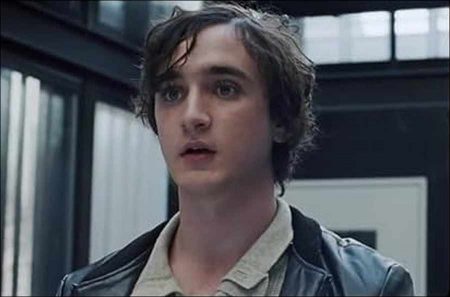
In a remote village, entirely aptly known as Inviolata (that is, “inviolate” or “pure”), peasants endure lives of unquestioning toil. A group of young men gather one night around the farm building that houses the women, serenading them with zampogna, the bagpipes of southern Italy, and cheerfully demanding entry, because one has proposed marriage. The proposal is accepted. There is a meagre impromptu celebration. And a certain tousle-haired, clear-eyed young lad called Lazzaro (played by newcomer Adriano Tardiolo) is called on to carry an elderly grandma to the table to partake of the humble feast.
Poor Lazzaro is always being bullied and teased and ordered about, but his heartbreakingly good-natured smile stays in place. He and the 50-odd workers are harvesting tobacco on land owned by an imperious, cantankerous Marchesa Alfonsina De Luna (Nicoletta Braschi), whose hard-faced factotum Nicola (Natalino Balasso) enforces an arrangement whereby, in exchange for the crop, they stay in their unsanitary hovels rent-free and get whatever goods and necessities Nicola can deliver in his van, but his book-keeping somehow always shows them to be in the Marchesa’s debt at the end of the month. They are trapped in mezzadria, or sharecropping, the serfdom of what is surely a bygone age, and have known nothing else for generations.
But wait. The ruling class have more modern-looking conveniences. And one fateful day, the Marchesa’s spoilt, manipulative and emotionally needy son Tancredi (Luca Chikovani) befriends lonely Lazzaro, because he wants him to help with a plan to fake his own kidnapping and gouge his haughty mamma for a fortune.
The friendship is the greatest thing that has ever happened to Lazzaro, but the plan results in a police search for the rascally Tancredi, alerting them to something important about this community of impoverished and imprisoned slaves. Lazzaro himself falls into a feverish delirium, and suffers a catastrophic fall, but this is to be merely the prelude to a new act.
Everyone is to grow old, and cynical, crooked and defeated. But Lazzaro – as innocent as a child – is to remain in a state of grace, his calf-like gaze untroubled by resentment or anger or even awareness of his own martyrdom. This revelation, disclosing the wretchedness of exploiter and exploited, is a brilliant flourish from Rohrwacher, an inspired leap of creativity that takes her career to the next level.
The simple shift from the countryside to the big city is a shift that heralds a great irony – Inviolata was no Eden; the workers were no happier there than in the big city where there is a whole new set of injustices and cruelties. But they were younger, a state that has a kind of contentment. They were downtrodden by the Marchesa, and Lazzaro was downtrodden by them. Lazzaro was at the bottom of the food chain and yet he is the victor, the survivor. Through some sublime workings of fate, he has transcended the humiliating servitude and the fraud – which has been passed on from master to servant and has cheapened everyone but Lazzaro.
Yet the peasants appear always to have had a kind of magic power, with which Rohrwacher discreetly endows them, without emphasis. When aggrieved, they hiss through their teeth, appearing to whistle up a supernatural storm. It is a kind of divine justice, carried on the wind, that recurs when organ music floats out of the city church where Lazzaro and his old comrades had been forbidden to listen to it. Happy As Lazzaro itself is a weightless enigma, an unfathomable promise of happiness, gently tugging you upwards, like a balloon on the end of a string.
Happy As Lazzaro (2018)
Lazzaro Felice
Directed by: Alice Rohrwacher
Starring: Adriano Tardiolo, Agnese Graziani, Luca Chikovani, Alba Rohrwacher, Sergi López, Natalino Balasso, Tommaso Ragno, Nicoletta Braschi, Edoardo Montalto, Elisabetta Rocchetti, Luciano Vergaro
Screenplay by: Alice Rohrwacher
Production Design by: Emita Frigato
Cinematography by: Hélène Louvart
Film Editing by: Nelly Quettier
Costume Design by: Loredana Buscemi
Set Decoration by: Barbara Tomada
Art Direction by: Chiara Gazzoli, Rachele Meliadò
MPAA Rating: None.
Distributed by: Ad Vitam Distribution, Netflix
Release Date: May 13, 2018 (Cannes), May 11, 2018 (Italy), September 18, 2018 (Germany), November 2, 2018 (France)
Views: 36
